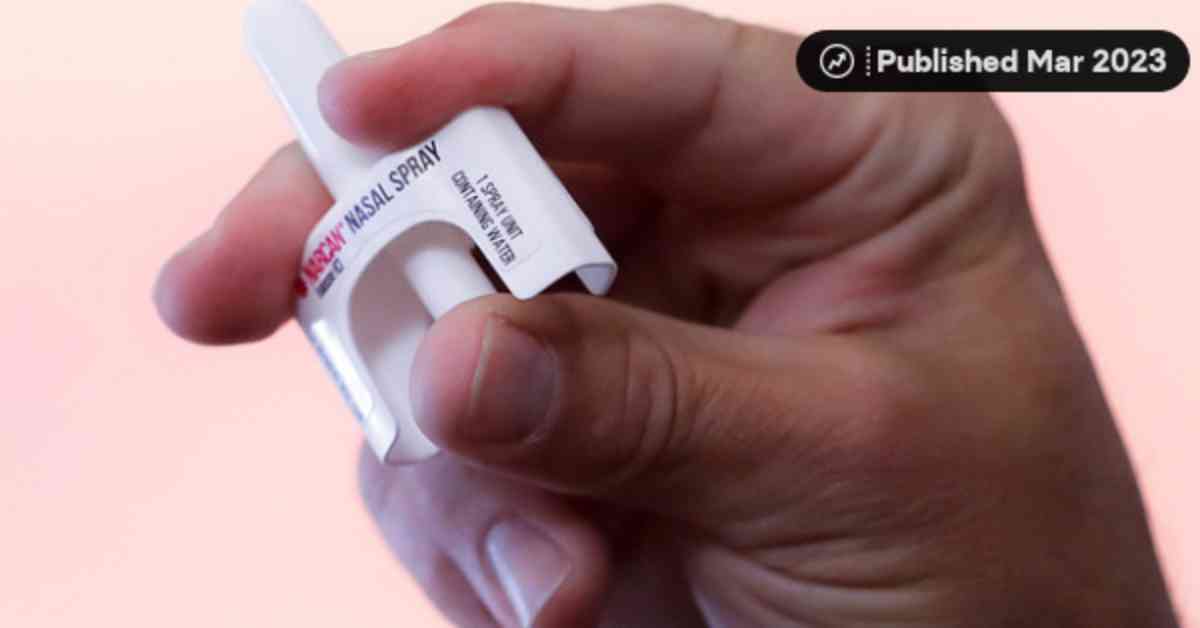Narcan: The Groundbreaking Over-the-Counter Opioid Overdose Reversal Drug
The Food and Drug Administration has taken a monumental step in the fight against opioid overdoses by approving Narcan, a life-saving naloxone nasal spray, for over-the-counter use. This decision, announced by FDA Commissioner Robert M. Califf, aims to address the urgent public health crisis surrounding opioid overdoses and increase accessibility to a crucial intervention that can save countless lives.
What is Narcan?
Narcan, administered through a nasal atomizer, acts as a rapid-acting opioid antagonist that can reverse the dangerous effects of opioids like heroin, fentanyl, codeine, and OxyContin. By binding to receptors in the nervous system, Narcan effectively blocks or reverses the impact of opioids within an individual’s system. When administered to someone displaying signs of an overdose such as nodding off, choking, or constricted pupils, Narcan has proven to be remarkably effective. A study revealed that a staggering 93.5% of individuals who received naloxone survived an overdose, highlighting its life-saving potential.
Expert Insight
Ryan Marino, a medical toxicologist, addiction medicine specialist, and emergency physician at Case Western Reserve University School of Medicine, emphasized the critical role of Narcan in combating opioid overdoses. Marino emphasized that while Narcan does not address addiction or prevent drug use, it remains the sole treatment option available outside of medical settings that can prevent fatal overdoses. The availability of Narcan on store shelves will enhance accessibility and potentially save more lives by removing barriers to obtaining this vital medication.
Implications and Impact
The FDA’s decision to allow over-the-counter sales of Narcan marks a significant milestone in the ongoing battle against opioid overdoses, a crisis that has claimed nearly 1 million lives in the US since 1999. With opioid-related deaths on the rise, especially due to potent synthetic opioids like fentanyl, the availability of Narcan without a prescription offers a beacon of hope in addressing this escalating public health emergency.
As this crucial change unfolds, the transition to over-the-counter sales may take time to implement, with the pricing determined by the manufacturer. Emergent BioSolutions, the manufacturer of Narcan, anticipates that the medication will be accessible without a prescription by late summer, expanding access to this life-saving intervention.
In conclusion, the availability of Narcan as an over-the-counter medication represents a pivotal advancement in combating opioid overdoses and saving lives across the country. By making this vital intervention more accessible, the FDA’s decision has the potential to mitigate the devastating impact of opioid overdoses and provide a lifeline to individuals in crisis.


















